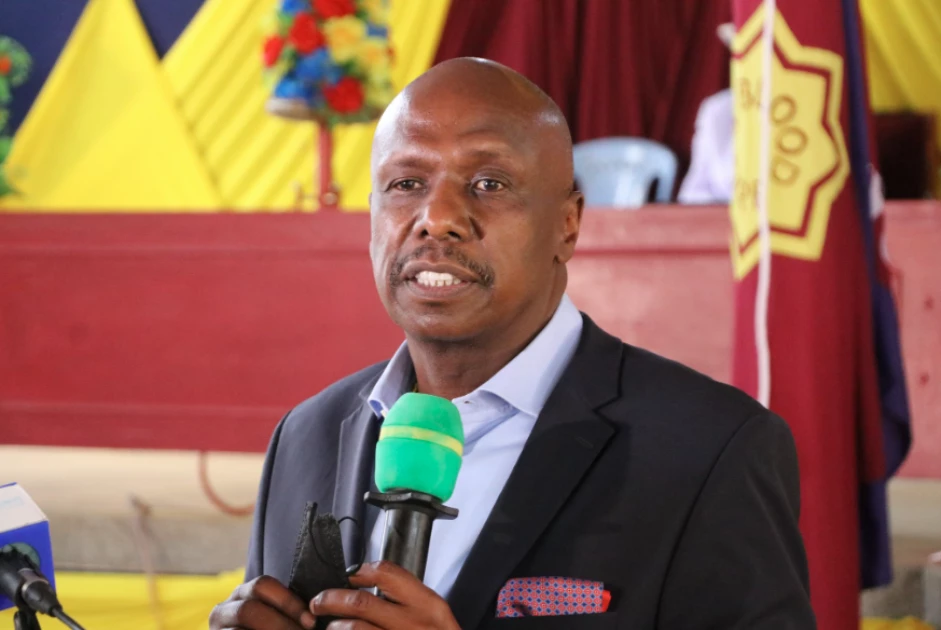Gideon Moi urges MPs to consider public views, amend Finance Bill 2024

KANU National Chairman Gideon Moi during a past address. PHOTO | COURTESY

Audio By Vocalize
KANU National Chairman Gideon Moi has chimed
in on the contentious debate surrounding the proposed Finance Bill, 2024,
expressing that Parliament should consider public sentiments in the
deliberations before passing the legislation in its current form.
The proposed Bill has sparked widespread
discontent among Kenyans, who fear its adverse effects on their livelihoods
amidst already challenging economic conditions.
Moi, while noting that the Bill contains
punitive tax proposals, highlighted the urgent need for lawmakers to amend it
in light of concerns raised by economic experts and the general Kenyan
populace.
"The National Assembly Finance and
Planning Committee must ensure that its final report reflects the opinions,
concerns, and aspirations of Kenyans on the Bill. It contains punitive tax
proposals on individuals, households, and businesses, amidst tough economic
times. If not carefully revised, it is likely to condemn more Kenyans into
poverty," he said in a statement on X on Tuesday.
"Economic experts and the general public
have highlighted the pain points in the Bill, cautioning that, if enacted in
its current form, it will disproportionately diminish Kenyans’ purchasing power
by raiding their disposable incomes, affecting livelihoods, and driving businesses
out of the economy."
Stressing the importance of incorporating the
viewpoints of Kenyans into the final version of the Bill, Moi called out the
Finance committee for "the superficial public participation exercises it subjected
Kenyans to in the 2023/2024 financial year."
According to the former Baringo Senator, the
Parliamentary committee largely disregarded public sentiments when it forwarded
the tax-laden Finance Act, 2023, to President William Ruto for assenting.
"This is an opportunity for the
committee to redeem itself from the superficial public participation exercises
it subjected Kenyans to in the 2023/2024 financial year, where public input was
largely disregarded in the final report presented to the National
Assembly," said Moi.
He further underscored the necessity of a
sustainable taxation framework in Kenya that fosters economic growth and
expands the tax base, rather than imposing burdensome levies that stifle
productivity and diminish revenues.
"The government’s approach to aggressively
exacting tax beyond the point of elasticity during an economic downturn will
inevitably reduce the tax revenue. Ultimately, the Finance Bill will be
self-defeatist as evidenced in the National Treasury's report in May that KRA
fell short of its projected tax revenue collections," he said.
Moi also criticized provisions within the
Finance Bill, 2024, that seek to impose excise duty and VAT on essential
financial services, arguing that such measures contradict efforts to promote
financial inclusion and combat poverty.
He also raised concerns about the proposed
motor vehicle circulation tax, warning of its potential to deter investment in
the insurance sector and discourage comprehensive insurance coverage.
"It must also not be lost on the
government that starvation and malnutrition still afflict many people,
especially children. Increasing taxes on basic household food items like bread
will inevitably compound these problems," he said.
"At this point, Kenyans' hope solely
lies on the National Assembly to amend the Bill to alleviate the burden of
over-taxation. Moving forward, the government must shift its focus from
taxation to industrialization through manufacturing to achieve sustainable,
private-sector-led economic growth."


Leave a Comment